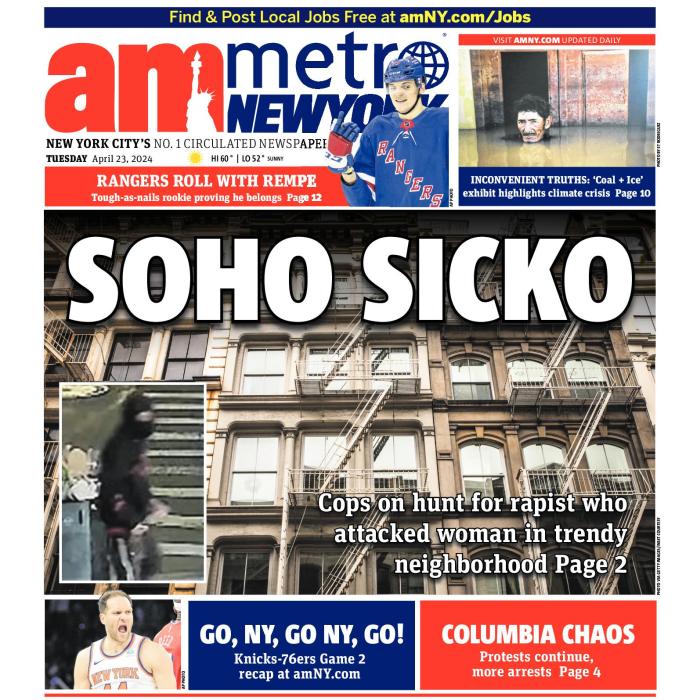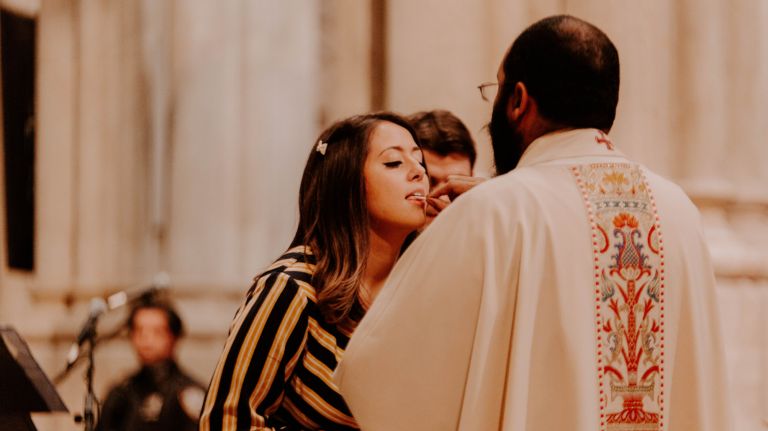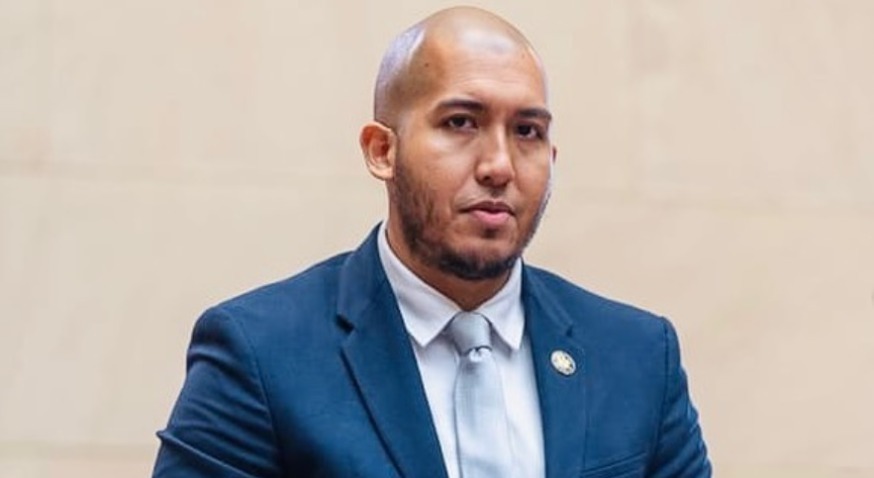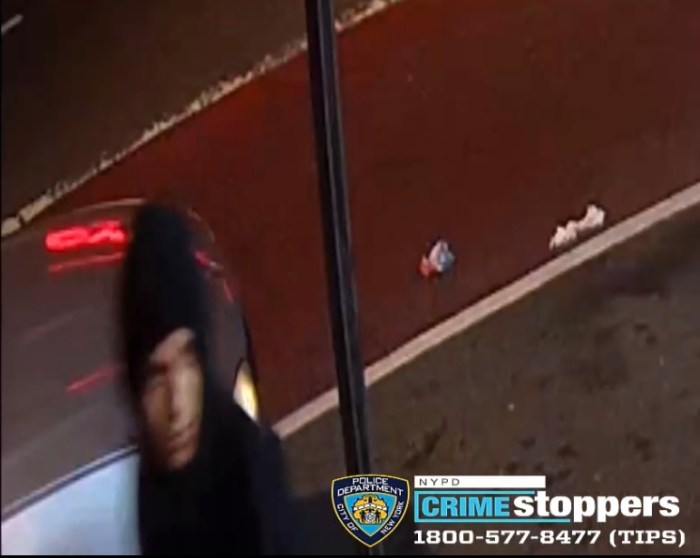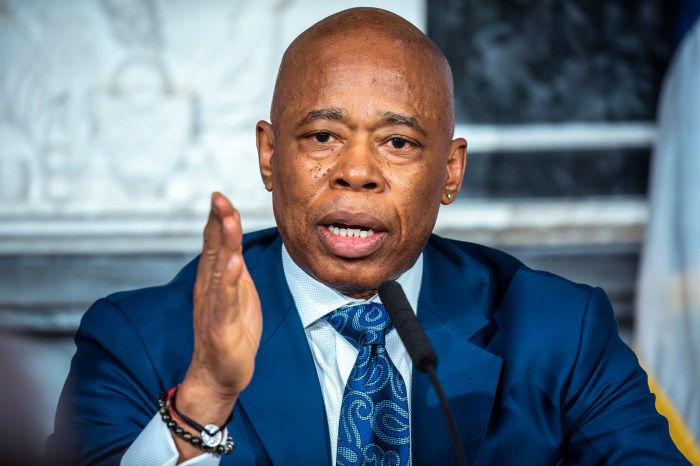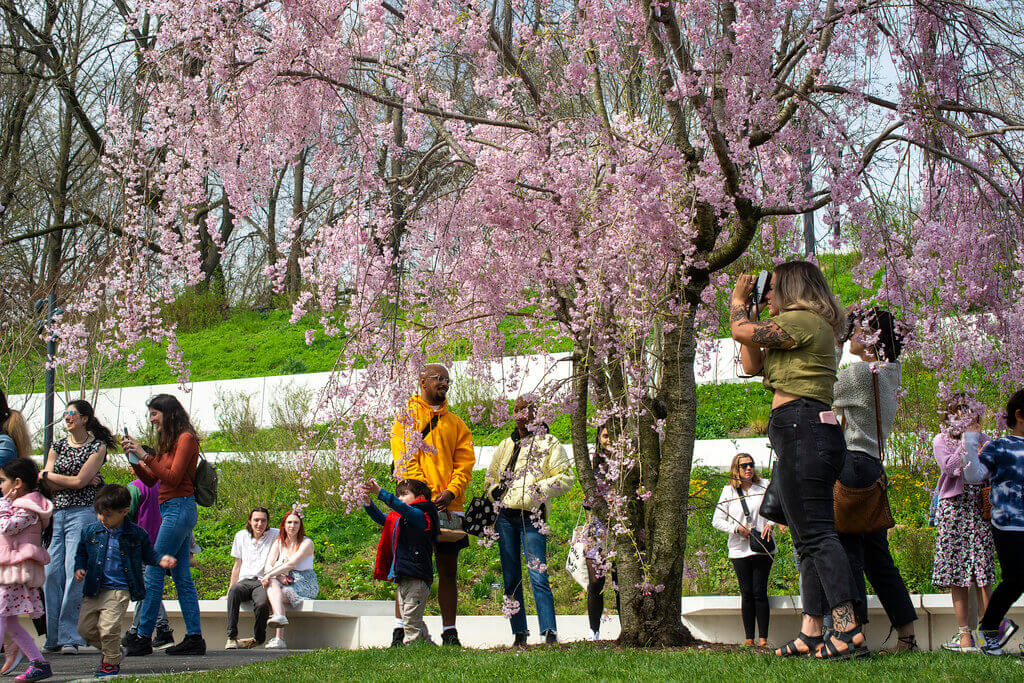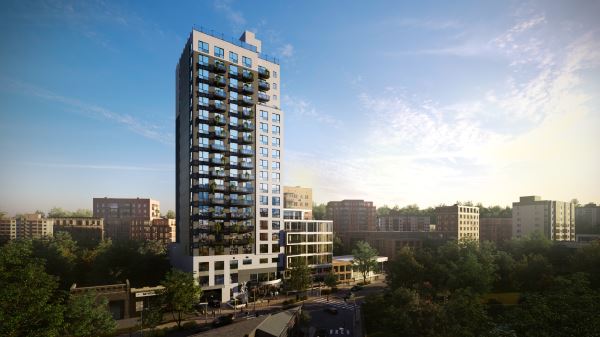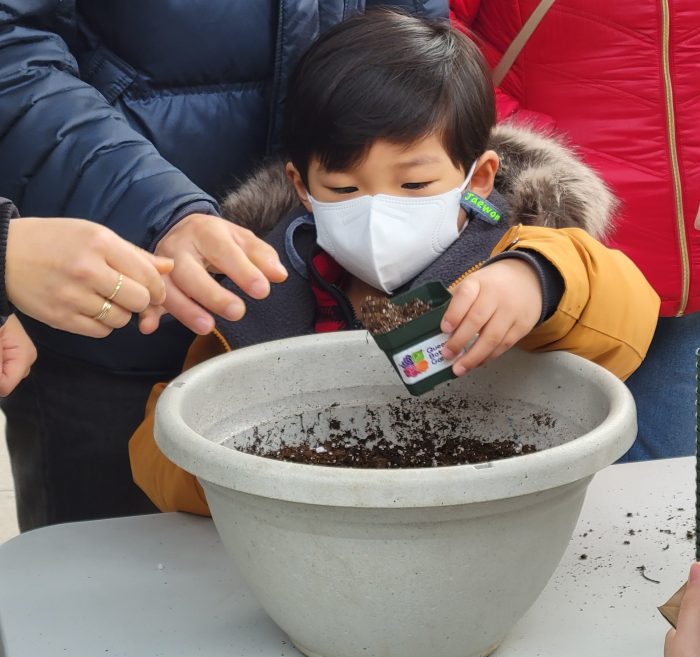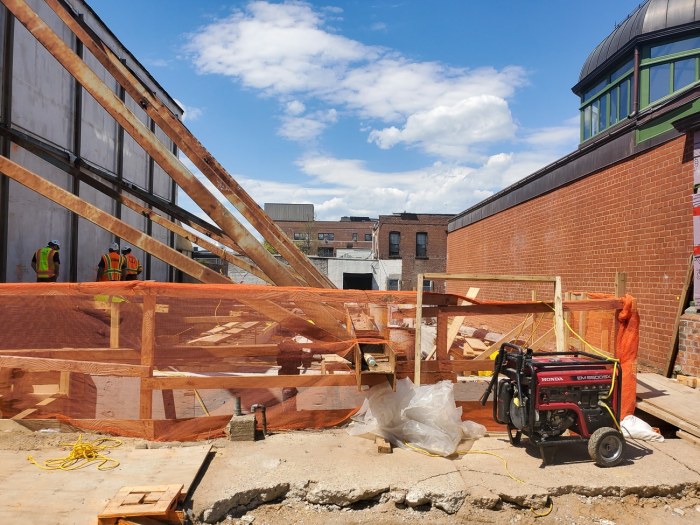
Once a month, a group of teens gathers at the home of Sutton Place Synagogue Rabbi Rachel Ain and her husband for a guest speaker series known as “Hebrew High at the Rabbis.”
Past speakers at the gatherings have included a Lutheran minister who spoke about the importance of interfaith dialogue and a Wall Street Journal editor who talked about his Jewish faith and work. Ain and her husband, who is also a rabbi, co-lead conversations with attendees.
The meetings are just one way the synagogue works to engage young congregants — an undertaking that can be challenging given students’ busy school and extracurricular schedules, Ain noted.

“I think this is not just our synagogue — I think this is religious life throughout the United States. Especially in areas where there is a lot of pressure and a lot of competition for students’ time,” she said.
Congregations of different faiths seeking to engage younger members have turned to a variety of strategies, including tapping into their interest in social justice, planning talks and outings — some of them interfaith — and creating a sense of community that many youths crave.
Sutton Place Synagogue, for example, offers teens myriad ways to get involved, like monthly classes focused on Jewish history and educational field trips to shows like “Fiddler On The Roof” and sites like the Cloisters.
“What we find is that the students will come on the major Jewish holidays, but what we know is we need to make our programming flexible, accessible and interesting to them in order for them to come,” Ain explained.

A focus on young people’s interests
For many religious communities and organizations in New York City, drawing in younger crowds has meant tapping into the younger generations’ interest in social justice and interfaith activities.
Muslim Community Network (MCN), a nonprofit organization formed in part to dispel the myths about Muslims after 9/11, has been actively involved in interfaith work since its inception 16 years ago, executive director Aniqa Nawabi said.
The organization routinely hosts “interfaith youth focus groups” that bring young people of different faiths together. This past summer, it partnered with All Angels’ Church on the Upper West Side to send a group of Muslim and Christian students from New York to a “peacemakers retreat” at Rose Castle in England. Students got a chance to explore one another’s faiths and engage in “friendship building and bridge building,” Nawabi said.
Interfaith programs like the retreat are a big draw for young people interested in learning how to negotiate, resolve conflict, advocate for their communities and “build coalitions across religious divides,” she said.
“Of course, this whole trip incentive — being able to go away out of one’s element, out of one’s comfort zone … is something that definitely engaged a lot of youth as well,” Nawabi added.
Like MCN, the nonprofit Sikh Coalition formed in response to discrimination and violence many Sikhs faced in the wake of Sept. 11. The organization formed a student-led initiative called the Junior Sikh Coalition in 2012, Sikh Coalition community development manager Harleen Kaur said.
Social justice work is an integral part of the program, Kaur noted.
“Part of the Sikh faith is not only spirituality, but we have values of social justice that are part of the faith and part of the community,” Kaur explained. “We try and build off of that social justice lens and teach them modern-day tools to fight for other communities, as well as … our own community.”
“ … [U]sing the social justice lens of Sikhi in this program … really does get kids very excited,” she added.
At Fourth Universalist Society, a Unitarian Universalist church on the Upper West Side, Rev. Schuyler Vogel and other ministers and staff work to engage young people by “keeping tabs on what conversation is going on in the world,” he said.
The church has been actively involved in protecting immigrants through sanctuary work and participated in the Climate March on September 20 — two spheres that are important to young congregants, Vogel said.
“Our congregation has to be able to offer a progressive perspective and show that it’s willing to engage in conversations of the moment, and not be afraid of that,” Vogel said.

A sense of community
While a focus on social issues is vital to many young people seeking out religion, connecting with others and feeling like part of a community can be just as important.
“New York City is the best city in the world, but … it’s easy to feel very lonely here,” said Colin Nykaza, the director of young adult outreach for The Roman Catholic Archdiocese of New York.
In addition to supporting the Archdiocese’s parishes and their young adult groups, Nykaza’s office offers programming for young adults in their 20s and 30s. Events like book clubs, Bible studies and talks — often featuring music — give young adults a chance to learn more about their faith, he said.
Nykaza’s team hosts activities like New Year’s Eve and Halloween parties, bowling, hiking, dodgeball, bar hopping, jazz nights and baseball game outings. It also organizes volunteer opportunities through which young people can give back to the community while meeting other people of faith, he said.
These events, Nykaza noted, can be “steppingstones” for young people who are interested in exploring Catholicism, but “not necessarily ready to dive in.”
Ain also looks to provide a safe place for youth looking to decompress.
“I think that being a teenager can be overwhelming and a bit complicated, and if there’s a way for the synagogue to be a second home for people, that’s certainly one of my goals — that kids know there’s a safe place for them to come to relax, let their hair down, and that they’re welcome, with no judgment,” she said.
Kaur, meanwhile, said she has seen students involved with the Junior Sikh Coalition form lasting bonds.
“We wanted to create a space where they could find community in themselves and learn to be proud of their Sikh identities, but also find a space of community,” she said. “We really see that they leave this program with extremely strong friendships that continue on for years and years afterward.”
